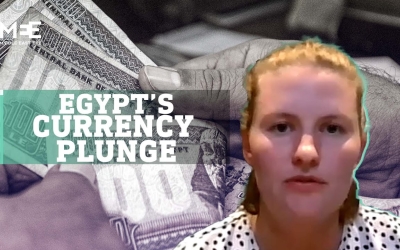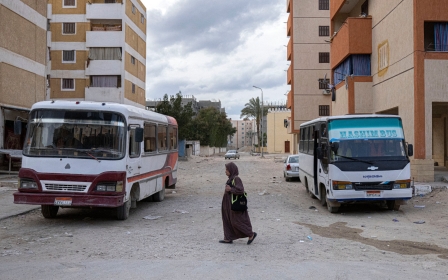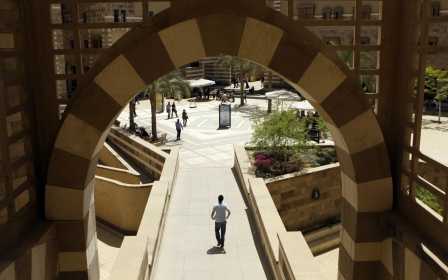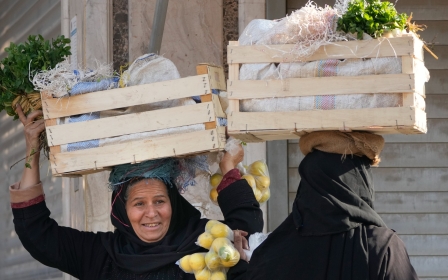Egypt raises fuel prices by 10 percent as inflation bites
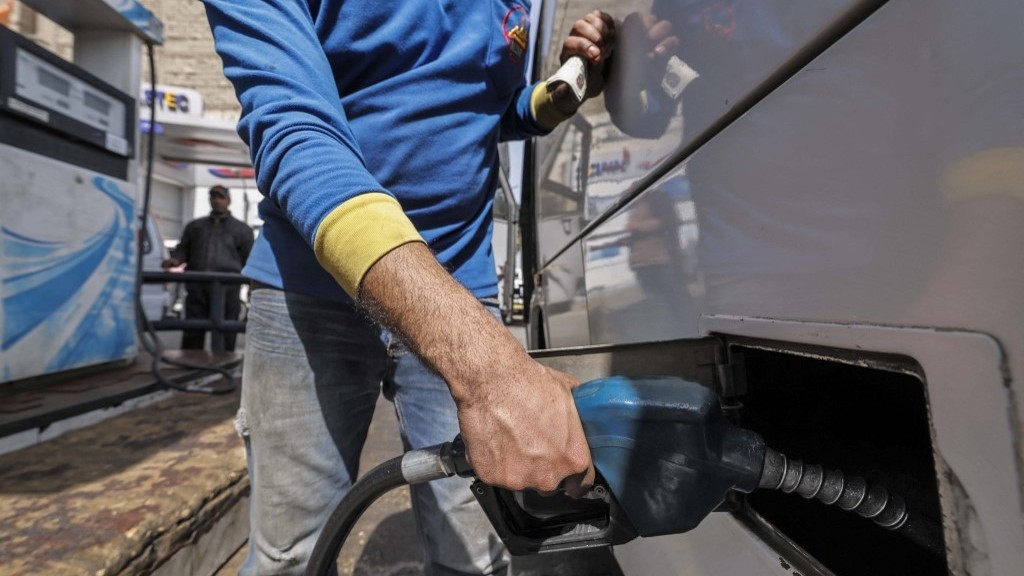
Egypt on Thursday raised gasoline prices by around 10 percent as it struggled to secure cash for its heavily indebted economy.
The Petroleum Products Pricing Committee announced in the early hours of Thursday an increase in the price of Octane 80 gasoline - the cheapest variety - to 8.75 Egyptian pounds (29 US cents) a litre from 8 pounds, and fixing the price of diesel at 7.25 pounds a litre.
The decision also includes an increase in the price of Octane 92 to 10.25 pounds per litre and the 92 petrol to 11.50 pounds per litre.
The new price hike is expected to cause further consumer price increases, exacerbating a cost of living crisis for the country’s more than 100 million people now suffering from an estimated 26 percent inflation.
The prices of food and basic commodities, mostly imported, have more than doubled since the Egyptian pound was devalued at the beginning of this year, causing it to lose half its value.
New MEE newsletter: Jerusalem Dispatch
Sign up to get the latest insights and analysis on Israel-Palestine, alongside Turkey Unpacked and other MEE newsletters
This came after the International Monetary Fund approved a bailout with Cairo in December, the third deal since President Abdel Fattah el-Sisi came to power in a 2013 military coup.
The value of the Egyptian pound against the US dollar dropped from seven in 2013 to just above 30 at the time of publication.
A shift to a flexible exchange rate regime is among the main conditions of the IMF to reduce inflation and consolidate the country's spiralling debts.
The Sisi government has raised the price of fuel several times since its 2016 bailout deal with the IMF, which included a number of austerity measures such as fuel subsidy cuts.
Egypt received the first tranche of the IMF's latest $3bn loan in December, with a set of stringent conditions on Cairo so that the lender could move ahead with the deal over a 46-month period.
The deal requires the government to raise fuel prices in line with changes in global oil prices. Egypt has been reviewing the price of fuel on a quarterly basis since 2019, as part of its previous commitments with the IMF.
The IMF loan also unlocks investments from Gulf countries worth $6.7bn in the next three fiscal years.
According to EFG Hermes economist Mohamed Abu Basha, Thursday's increases could increase headline inflation by just 0.2 to 0.3 percentage points.
"Gasoline prices were raised, but diesel unchanged. So it should not have a big impact on inflation," Abu Basha told Reuters.
The government last year announced a rare increase in diesel prices but emphasised that it was still subsidising it.
Egypt is currently the second-biggest borrower from the IMF after Argentina.
Middle East Eye delivers independent and unrivalled coverage and analysis of the Middle East, North Africa and beyond. To learn more about republishing this content and the associated fees, please fill out this form. More about MEE can be found here.


